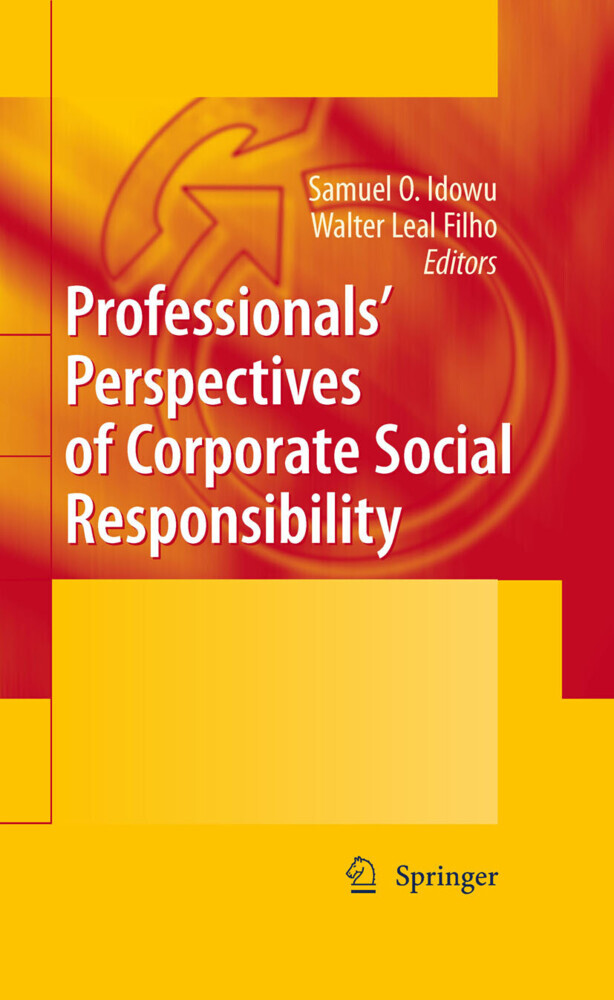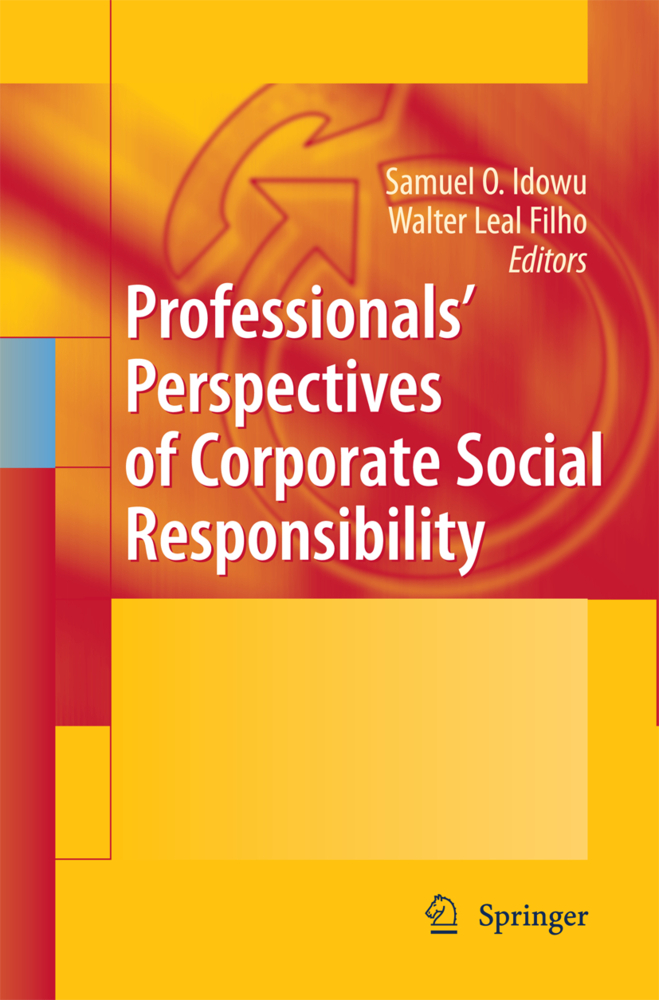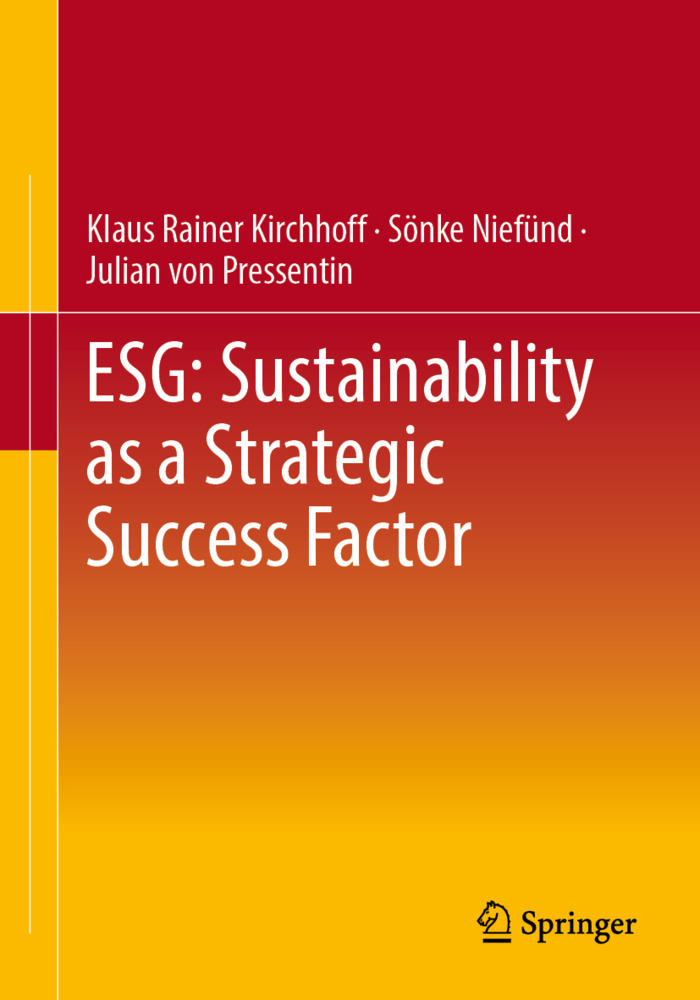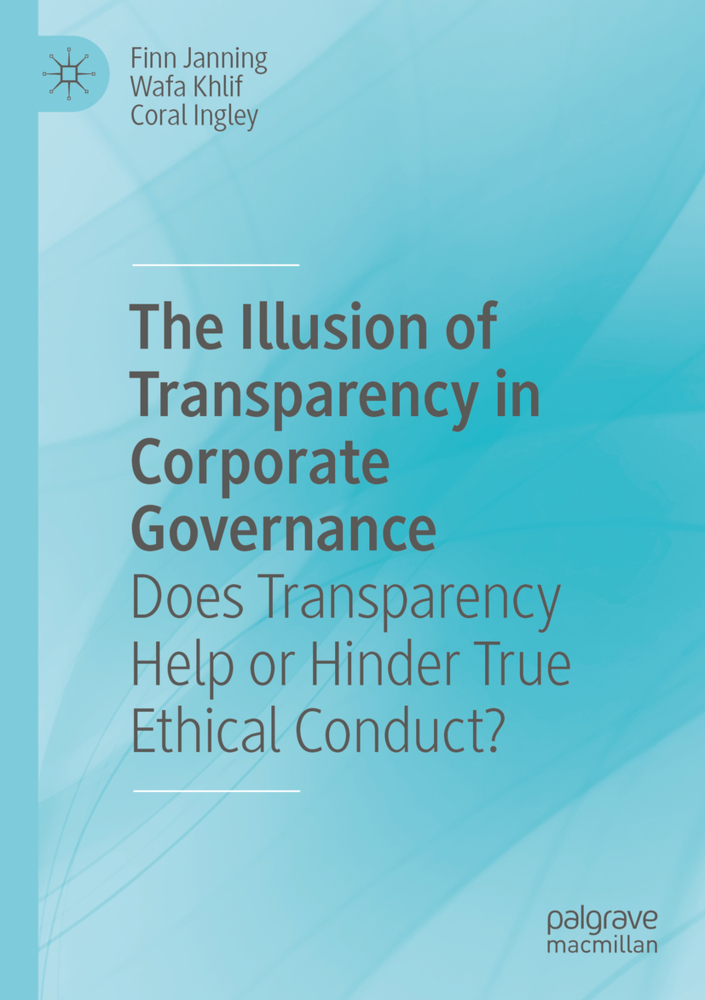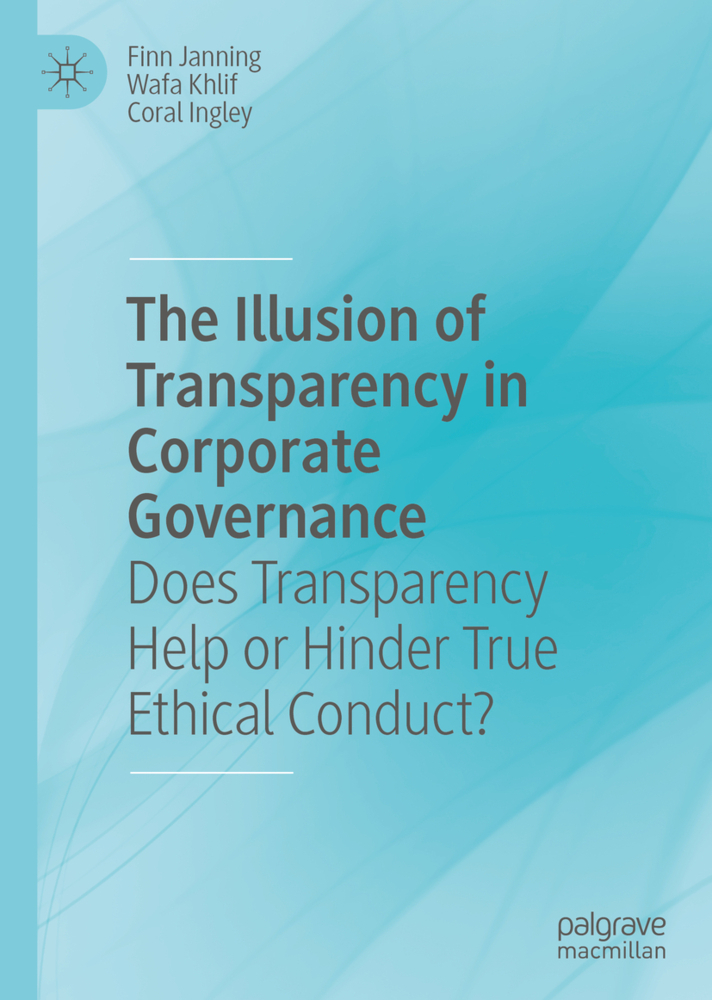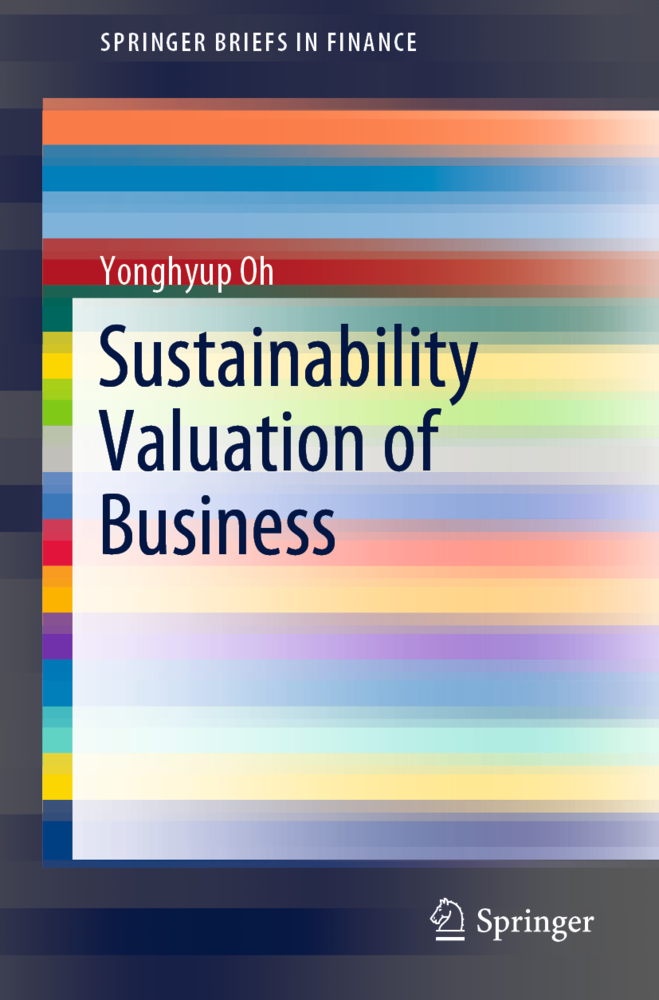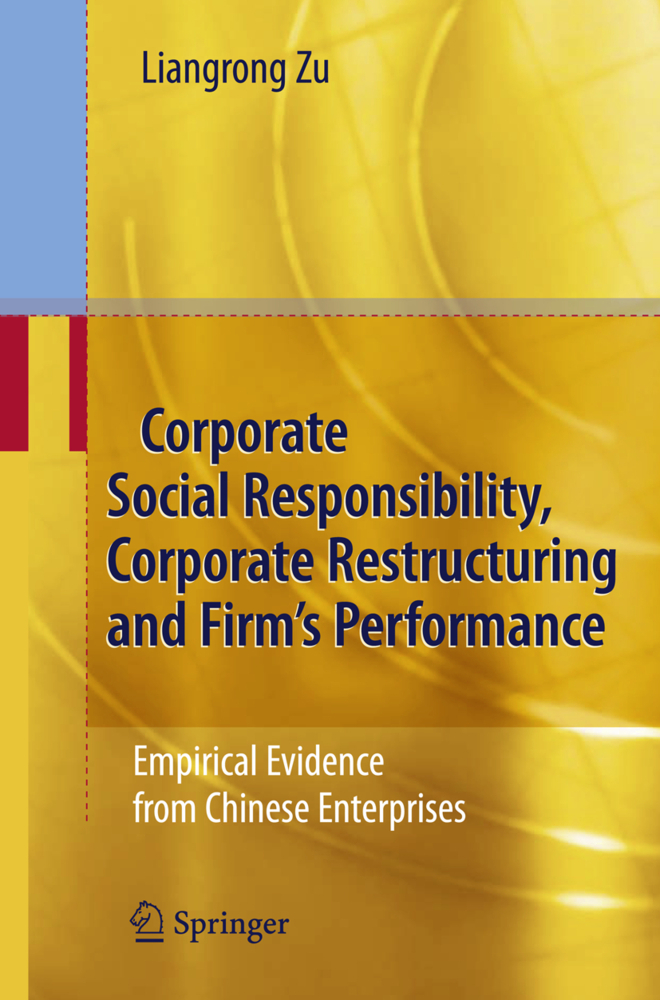Professionals´ Perspectives of Corporate Social Responsibility
Since the general acceptance of the field of corporate social responsibility worldwide, corporate entities and those who act for them either as executives or 'ordinary' employees are expected to be socially responsible. Being socially responsible has a number of quantifiable and unquantifiable benefits for the entity and its stakeholders. It improves the entity's bottom line results, protects jobs, and is also better for the environment. As such, it makes good sense for professionals and those that they interact with as colleagues, suppliers of goods and services, lenders etc to want to take the issue of CSR seriously. This perhaps explains why this book has chosen to explore how 19 professions across the world have integrated and continue to impress upon their staff the importance of CSR in their operational activities. We are constantly reminded that our world's natural resources are exhaustible; we can therefore no longer live for today alone if we do not want to cause substantial problems for future generations.
1;Foreword;6 2;Preface;8 3;Acknowledgements;10 4;Contents;12 5;Contributors;15 6;Professionals Perspectives of CSR: An Introduction;17 6.1;References;24 7;Part I Business and Management;25 7.1;1 Corporate Responsibility, Accounting and Accountants;26 7.1.1;1.1 Introduction;26 7.1.2;1.2 Social and Environmental Accounting;27 7.1.3;1.3 Theoretical Research on Accounting and CSR;30 7.1.3.1;1.3.1 Motivation to Account for Responsibility;30 7.1.3.2;1.3.2 Forcing or Influencing Responsibility;32 7.1.4;1.4 The Accounting Profession and CSR;33 7.1.4.1;1.4.1 Accounting Standards and Frameworks;34 7.1.4.2;1.4.2 Country Specific Initiatives;35 7.1.4.3;1.4.3 Practitioner Response to CSR;37 7.1.4.4;1.4.4 Assurance Practices;39 7.1.5;1.5 Industry Specific Involvement;40 7.1.6;1.6 Non Accountant Involvement in Accounting;41 7.1.7;1.7 Conclusion;42 7.1.8;References;43 7.2;2 Perspectives of Lawyers in Practice on CSR;48 7.2.1;2.1 Introduction;48 7.2.2;2.2 Background;49 7.2.3;2.3 What has the Law to do with CSR?;49 7.2.4;2.4 International and Governmental Developments in the Field of CSR;50 7.2.5;2.5 CSR Obligations and Day to Day Business;52 7.2.5.1;2.5.1 Climate Change Issues;53 7.2.6;2.6 Compliance with Environmental Laws;53 7.2.7;2.7 International Law of Human Rights;54 7.2.7.1;2.7.1 The Right to Freedom from Discrimination;54 7.2.7.2;2.7.2 The Prohibition of Slavery and Forced Child Labour;54 7.2.7.3;2.7.3 The Right to Work;55 7.2.7.4;2.7.4 Peaceful Assembly and Participation in Political Life;55 7.2.8;2.8 Lawyers and CSR;55 7.2.8.1;2.8.1 In-House Lawyers;56 7.2.8.2;2.8.2 A Wider Role for In-House Lawyers;57 7.2.8.3;2.8.3 Independent Law Firms;57 7.2.8.4;2.8.4 Rankings of Major Law Firms and CSR;58 7.2.8.5;2.8.5 Regional Survey;59 7.2.9;2.9 Voluntary or Compulsory?;60 7.2.10;2.10 Conclusions;61 7.2.11;References;62 7.3;3 Corporate Social Responsibility from the Perspective of Corporate Secretaries;63 7.3.1;3.1 Introduction;64 7.3.2;3.2 Literature Review;65 7.3.3;3.3 Companies Act and the Secretary;67 7.3.3.1;3.3.1 Some Standard Duties of a Corporate Secretary Required by the CA 2006;68 7.3.3.2;3.3.2 Corporate Secretary and Corporations Act (2001) in Australia;68 7.3.4;3.4 CSR and Corporate Governance (CG);69 7.3.4.1;3.4.1 Professional Institutions;69 7.3.4.2;3.4.2 The Theory of Corporate Governance;70 7.3.4.2.1;3.4.2.1 The Profit Centred Model (PCM);72 7.3.4.2.2;3.4.2.2 The Social Responsibility Model (SRM);73 7.3.4.2.3;3.4.2.3 The Corporate Community Model (CCM);74 7.3.4.3;3.4.3 Stock Exchanges and Other Institutions Requiring CSR Reporting;75 7.3.4.4;3.4.4 Combined CODES and the 8th Company Law Directive on Disclosure and Transparency;76 7.3.4.5;3.4.5 The Practice of Governance by its Professionals;76 7.3.5;3.5 A Study on Corporate Secretaries Involvements in CSR in the UK;77 7.3.5.1;3.5.1 Direct Method;77 7.3.5.2;3.5.2 Indirect Method;77 7.3.6;3.6 Findings;78 7.3.7;3.7 Discussion;79 7.3.8;3.8 Conclusion;80 7.3.9;References;81 7.4;4 Mainsteaming Corporate Social Responsibility: A Triadic Challenge from a General Management Perspective;84 7.4.1;4.1 Introduction;84 7.4.2;4.2 Literature Review: Integration of Corporate Social Responsibility;86 7.4.3;4.3 A Framework for Mainstreaming Corporate Social Responsibility;88 7.4.4;4.4 The Action Challenge: Engagement of Stakeholders Through Interactive Processes;88 7.4.4.1;4.4.1 Stakeholder Identification and Stakeholder Claims;89 7.4.4.2;4.4.2 Stakeholder Engagement Through Dialogue and Trust-Based Collaborative Processes;92 7.4.5;4.5 The Activation Challenge: Development of Corporate Social Responsibility Skills and Competencies;94 7.4.5.1;4.5.1 General Business and Management Skills;95 7.4.5.2;4.5.2 People-Related Skills;97 7.4.5.3;4.5.3 Technical and Corporate Social Responsibility-Specific Skills;98 7.4.6;4.6 The Aspiration Challenge: Establishment of Effective Corporate Social Responsibility Leadership and Sound Corporate Governance;99 7.4.6.1;4.6.1 Corporate Governance as a Critical Factor f
Idowu, Samuel O.
Leal Filho, Walter
| ISBN | 9783642026300 |
|---|---|
| Artikelnummer | 9783642026300 |
| Medientyp | E-Book - PDF |
| Auflage | 2. Aufl. |
| Copyrightjahr | 2009 |
| Verlag | Springer-Verlag |
| Umfang | 445 Seiten |
| Sprache | Englisch |
| Kopierschutz | Digitales Wasserzeichen |

